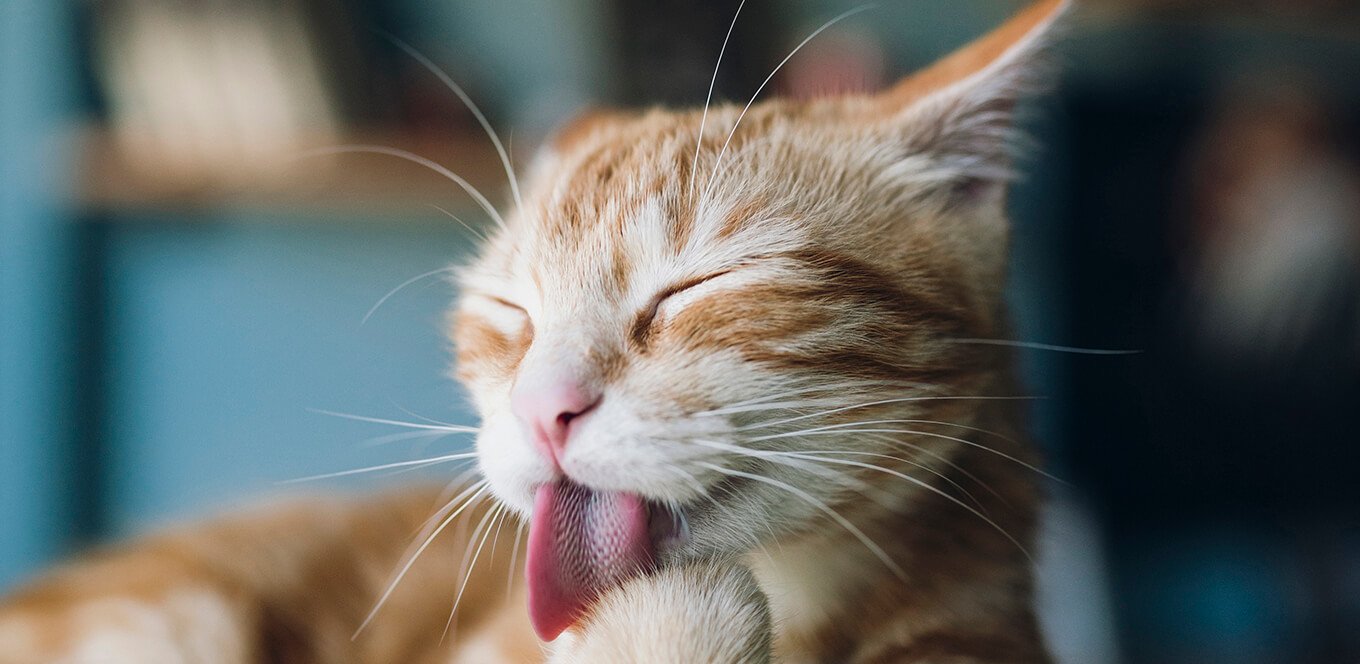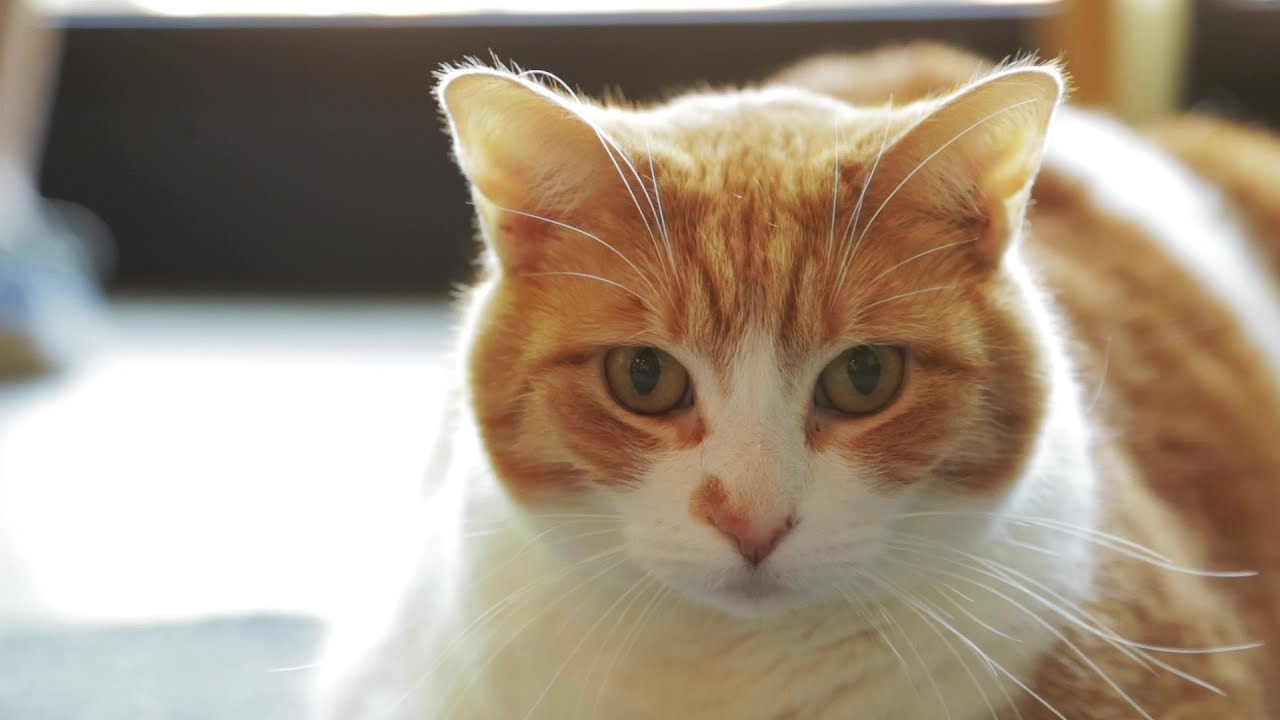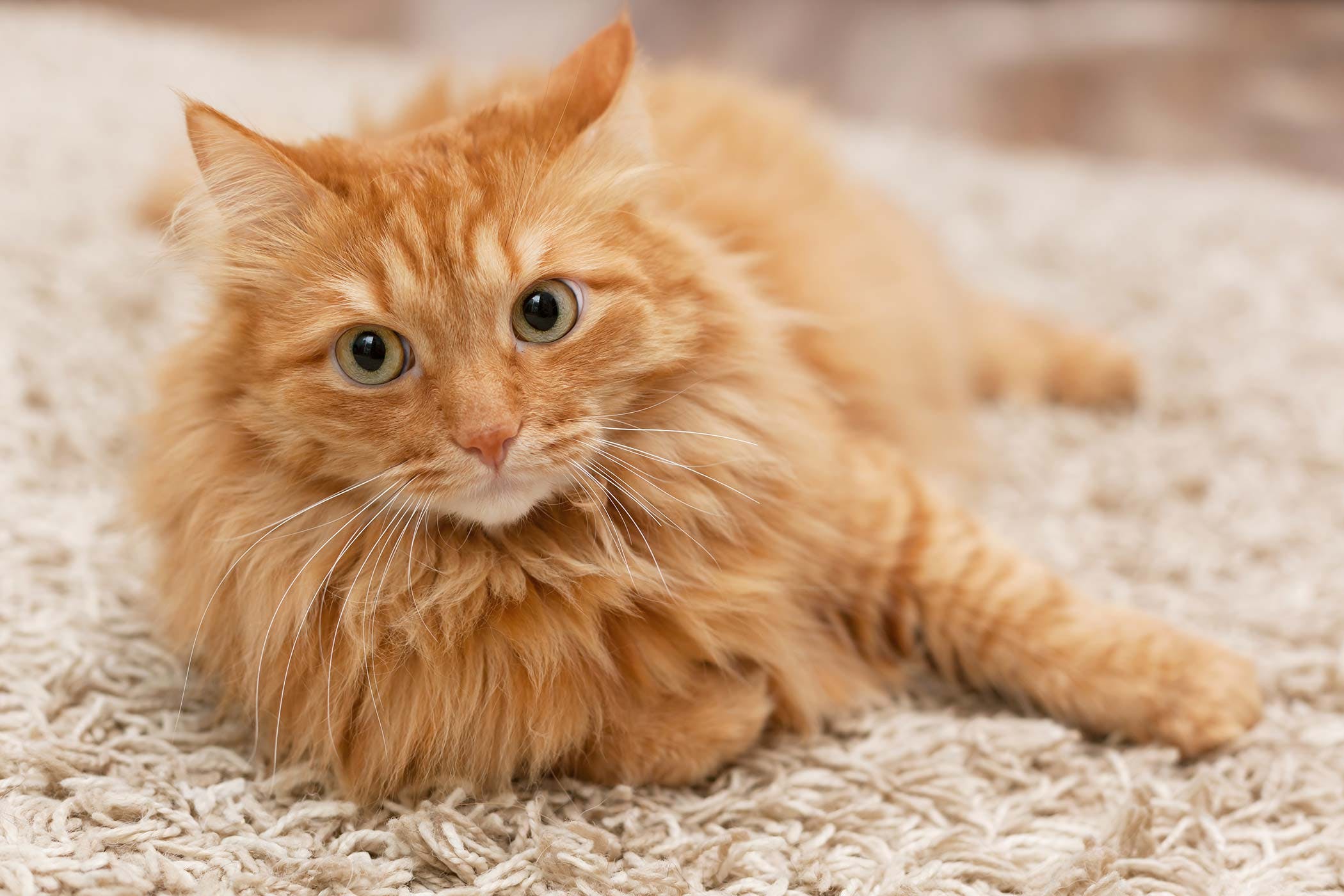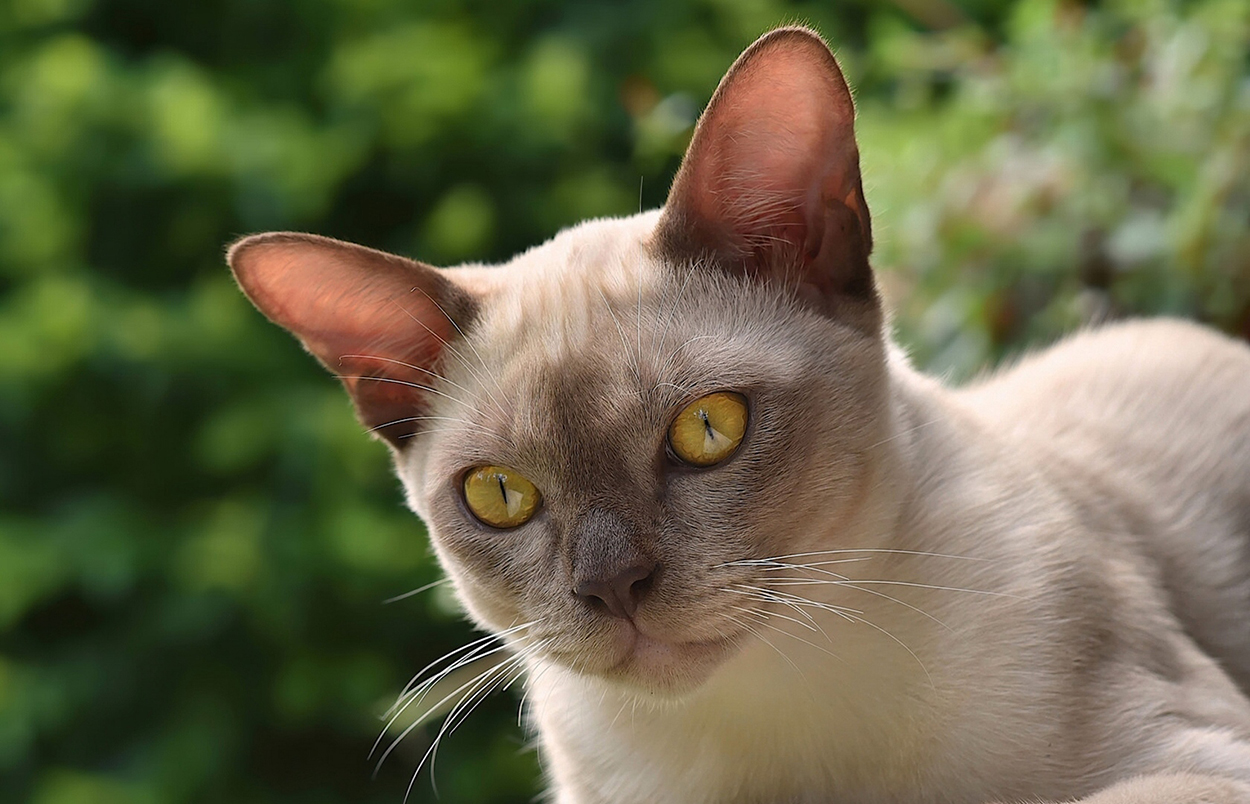
Cat Vomiting – Causes, Veterinarian, & Treatment
Vomiting is a reflex by which your cat forcibly expels stomach or upper-intestinal con-tents through the mouth. Cats have sensitive stomachs and vomit easily. Most of the time, vomiting is triggered by a mild irritation called acute gastritis, commonly caused by eating garbage, moist cat food that stays in the bowl all day, spoiled food, tin foil, and bones. If your pet does not have any other signs of illness, you can probably use the Home Treatment.
Cat Vomiting Causes

There are other fairly common causes, as well. While grooming itself, your cat can catch and swallow a lot of hair with its barbed tongue. These clumps of hair (hairballs) can accumulate in the stomach and be vomited occasionally. Any pet that gobbles its food or overeats may have vomiting episodes a short time after eating. Excess salivation and vomiting while riding in a car is called motion sickness.
Two misconceptions should be men-toned here. First, cats sometimes gag and bring up a small amount of foamy, white material but remain normal afterward. This is usually caused by irritation in the throat area and is not vomiting. Second, if your pet eats grassland does not vomit, it usually means only that your pet likes grass, not that there is something wrong.
Cat Vomiting Veterinarian

See your veterinarian. Vomiting can indicate inflammation of the pancreas, the presence of foreign bodies, intestinal obstructions, liver disease. kidney failure, or infections such as panleukopenia. Any vomiting cat over seven years of age should be checked for hyperthyroidism, which has become a very common problem.
If your cat is on medication and is vomiting, call your doctor, since the medication may be causing it. Vomiting will also interfere with the absorption of the medicine that your pet is taking.
Cat Vomiting Treatment

Take away food and water for twenty-four hours, but give your cat ice cubes to lick. They will decrease nausea and supply watering small amounts so that dehydration won’t occur.
Maalox, Mylanta, Kaopectate, or Pepto-Bismol can be given to coat the stomach.
Once the vomiting has stopped, feed your cat small amounts of chicken broth (from boiled chicken), boiled hamburger (with the fat poured off), or baby food. If your cat does not vomit, repeat the feeding in two hours. Water can also be reintroduced. You can begin the regular diet again the next day.
If the cat occasionally vomits hairball sand shows no other signs of illness, more regular combing and brushing will remove the loose hairs and decrease the formation of hairball’s. Smear one-half teaspoon of white petroleum jelly per ten pounds of body weight on the cat’s nose or paw. The cat will lick it off,and the jelly will coat the hair ball. Also, commercial medications are available from your pet store or your veterinarian.
